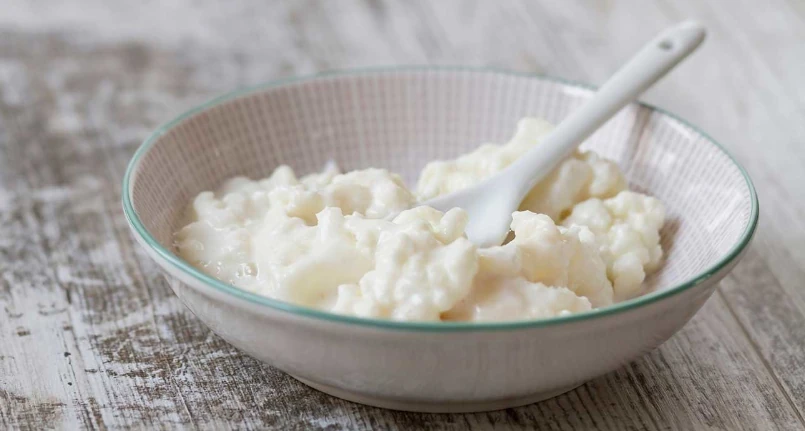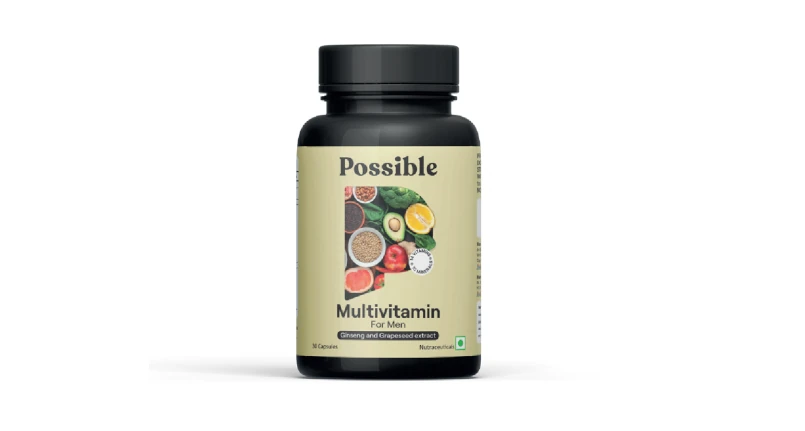Introduction
A scientific study has shown how a substance produced by yeast in the Kefir probiotic drink nibisca the pathogenic bacteria , including Vibrio cholerae and Salmonella enteric, causing the onset of diseases . This component, called tryptofol acetate , acts decisively by interrupting communication between bacteria. The discovery could inspire the development of new ways to tackle antibiotic – resistant bacteria .
What is Kefir
Kefir is a product derived from milk – it retains a small part of the initial lactose and is not produced by coagulation of casein proteins – and therefore considered a full-fledged dairy product . It is a good source of high biological value proteins , calcium, phosphorus and vitamins – especially of group B , in particular vitamin B2 ( riboflavin ) and vitamin A. Produced from whole milk , it also has a modest amount of saturated fats and cholesterol. Thanks to the activity of the microorganisms present in kefir , it is a food well tolerated by lactose intolerant and, above all, an ally for the well-being of the gastrointestinal tract .
ln the kitchen, natural kefir can be used in the preparation of cakes, biscuits, bread and dough for focaccia and pizza , as it promotes leavening and makes them softer. Also ideal in the savory version, as a sauce to accompany vegetables , meat and fish . In this case kefir facilitates digestion , because it favors the assimilation of animal proteins .
Benefits of kefir
This fermented milk drink native to Tibet and the North Caucasus is also easy to prepare at home , by infusing milk with kefir grains, which are a starchy matrix containing a symbiotic community of lactic acid bacteria , acetic acid and yeasts . Kefir has many health benefits, including lowering cholesterol , reducing inflammation , and having an antioxidant effect . In common with other probiotics , kefir also has antimicrobial properties, high calcium content and phosphorus, constituents of bone hydroxyapatite. It also turns out to be a valid ally during growth and in old age; the need for these minerals also increases during pregnancy and breastfeeding .
Kefir is rich in folic acid ( vitamin B9 ), an essential supplement not only for pregnant women, but also during menopause , as an excellent defense against osteoporosis and mood swings .
When to limit the consumption of Kefir
Kefir consumption should be significantly reduced, or avoided, in case of hyperchlorhydria and hypochlorhydria , stomach acidity , gastritis , ulcers and gastroesophageal reflux disease, in most cases associated with hiatus hernia . It can also alter the bowel habits of people with irritable bowel and colitis , making symptoms worse.
Kefir interrupts bacterial action: the study
Researchers at Ben-Gurion University of the Negev (BGU) in Israel have now discovered that a type of yeast in kefir called Kluyveromyces marxianus secretes a molecule that disrupts bacterial communication . Scientists already knew that some plants and algae were able to produce this substance, called tryptofol acetate, but for the first time a yeast has been discovered that produces it.
Researchers have shown that tryptofol acetate interferes with ‘quorum sensing’ – a form of microbial communication – in several pathogenic bacteria. In quorum sensing, bacteria release signaling molecules into the surrounding environment. When the molecules reach a particular concentration, they trigger changes in the expression of genes in bacteria of the same species. These changes allow pathogenic bacteria to coordinate their activity based on their numbers. This coordination is necessary for some bacteria to defend themselves or attack their hosts.
In some cases, when they reach a certain density, microbes can bond together to form a slimy, protective coating, or “biofilm,” on a surface.
Pathogenic bacteria inhibited
In laboratory cultures, the researchers found that tryptofol acetate had an inhibitory effect on the action of various pathogenic bacteria.
Some of the species tested were:
- Pseudomonas aeruginosa , which causes pneumonia when it infects the lungs .
- S. enterica , responsible for food poisoning.
- Staphylococcus aureus , which can trigger sepsis , among other life-threatening infections.
- V. cholerae , which causes cholera .
These results would constitute the first demonstration that the virulence of human pathogenic bacteria could be mitigated by molecules secreted in probiotic milk products , such as yogurt or kefir.
Scientists have particularly focused on the effect of tryptofol acetate on V. cholerae. They found that the substance blocked quorum sensing in this bacterium, and reduced its virulence, by changing the expression of bacterial genes that control quorum sensing. The researchers pointed out that this type of interference in bacterial communication can be common in complex environments where many different microorganisms live together, such as in probiotic food or the human gut .




